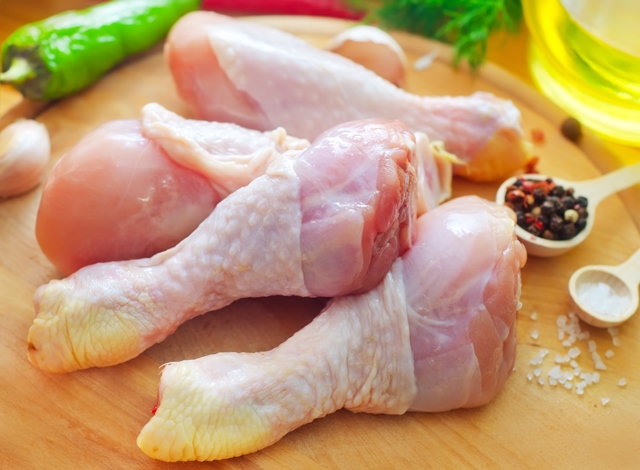Malaysia’s poultry sector has reversed its earlier gains, becoming a net importer of chicken as domestic production falls short of local demand. This shift is concerning as the nation had reached full self-sufficiency in 2021. The country’s Self-Sufficiency Level (SSL) for chicken dropped to 90.2% in 2023, a significant decrease from 100.2% just two years ago, signalling a renewed reliance on imports.
This decline highlights persistent challenges in Malaysia’s agro-food sector, despite overall improvements in global competitiveness rankings. Key metrics like price competitiveness, productivity, and innovation are still underperforming. AFPN has pointed out that the issue isn’t just about chicken farming but extends across the entire supply chain, especially with the heavy reliance on imported animal feed.
This dependency leaves the poultry industry exposed to global disruptions, such as geopolitical conflicts, pandemics, and exchange rate fluctuations, which can drive up production costs. To address these vulnerabilities, AFPN has called for more targeted policies, such as easing land access for new farmers, streamlining approval processes, and accelerating digital technology adoption.
Furthermore, AFPN advocates for increased investment in rural digital infrastructure to support the smart farming transition and boost sector resilience.


